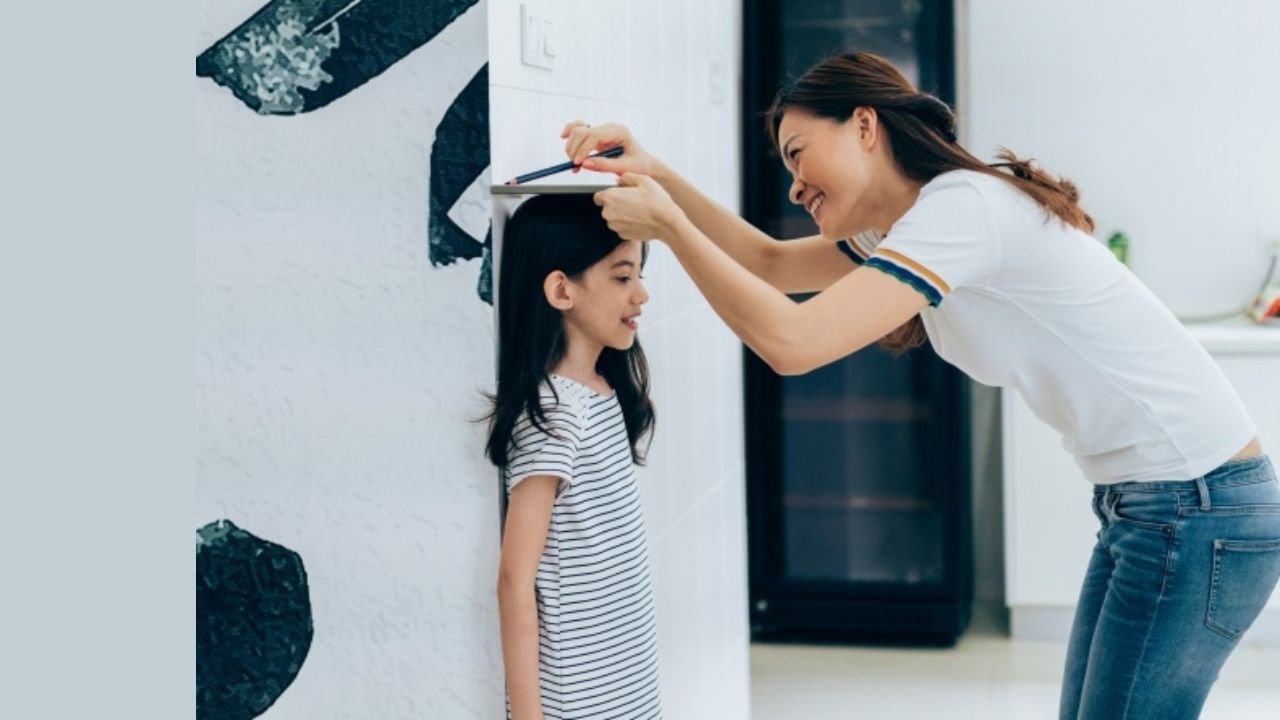Every person experiences puberty at a different age. Many people may find it to be seamless, while some people may become mindful of the changes in their appearance. Puberty is the period of transition when a child’s body goes through specific physical changes to become an adult body, enabling the individual to reproduce sexually. Girls often reach puberty between the ages of 8 and 13. They go through physical changes at this age, such as mood swings, quicker hair growth, pimples or acne, developing breasts, an increase in height, menstruation, etc. Adolescent-era habits may end up serving as the cornerstone on which habits from maturity are built. At this age, it is important to assess one’s health because doing so may highlight beneficial practices in later life.
Some important guidelines that any girl approaching puberty needs to go by in order to lay a solid basis for their physical, mental, sexual, and spiritual wellbeing.
1. Hygiene
In order to prevent blood from staining garments, which can attract bacteria and eventually result in illness in the intimate area, sanitary pads must be changed every 4 to 6 hours starting at menarche and during the early days of menstruation, depending on the flow. Based on the anticipated flow, the pad’s size must be chosen.
Menstrual cups are now thought to be more common and convenient than pads. Undoubtedly, there is a need for education on how to properly wear them based on size. Every day, a person needs to take a shower, change into new clothes, and change their underwear twice.
2. Hormone balancing with exercise
Keeping an active lifestyle improves hormone balance and immunity, both of which can go out of balance while living a sedentary lifestyle. Engaging in regular exercise encourages the brain to create endorphins, which are believed to improve mood. If you combine aerobic and weight exercise, your mood will improve.
3. A balanced diet
Feeling happy cannot be achieved by exercise alone. The saying “food is medicine” is well-known for a reason. To feel good from the inside out, you must treat your body like a temple and feed it nutrient-rich foods. Foods high in protein should be consumed, such as fish, eggs, lentils, soy, chicken, etc. Berries will increase your intake of antioxidants, keeping you energetic all day. Also, during adolescence, the body needs more iron to support proper growth and compensate for blood loss. The finest sources of it are lean meats, shellfish, nuts, leafy green vegetables, beans, as well as bread and cereals that have been fortified with iron.
4. Physical alterations
Keep a close eye on your physical changes. This will enable you to monitor how your body is developing properly and identify any warning symptoms that need consulting a doctor. Observe your menstrual cycle every month. See your doctor if you notice dates that are off over an extended length of time. See a dermatologist if you have painful acne on your face, neck, or chest so they can check your skin and make recommendations based on your skin type. Avoid getting an acne treatment at a spa or being influenced by commercials for topical face wash.
5. Recurrent medical examinations
When reaching puberty, regular full-body checkups are required. Rapid changes in breast size, painful periods, bloating, a sharp increase or decrease in body weight, skin discoloration, etc., can all be signs of diseases that should be investigated sooner rather than later in order to treat them when they are still treatable. It is best to have a complete physical examination every six months.
It’s vital to seek a medical evaluation for PCOS or PCOD as well. Polycystic ovarian syndrome (PCOS) is the most common endocrine disorder in women of reproductive age, with a prevalence of up to 20%. Due to its effects on the reproductive, metabolic, and psychological systems, PCOS poses a significant threat to public health.

 English
English






